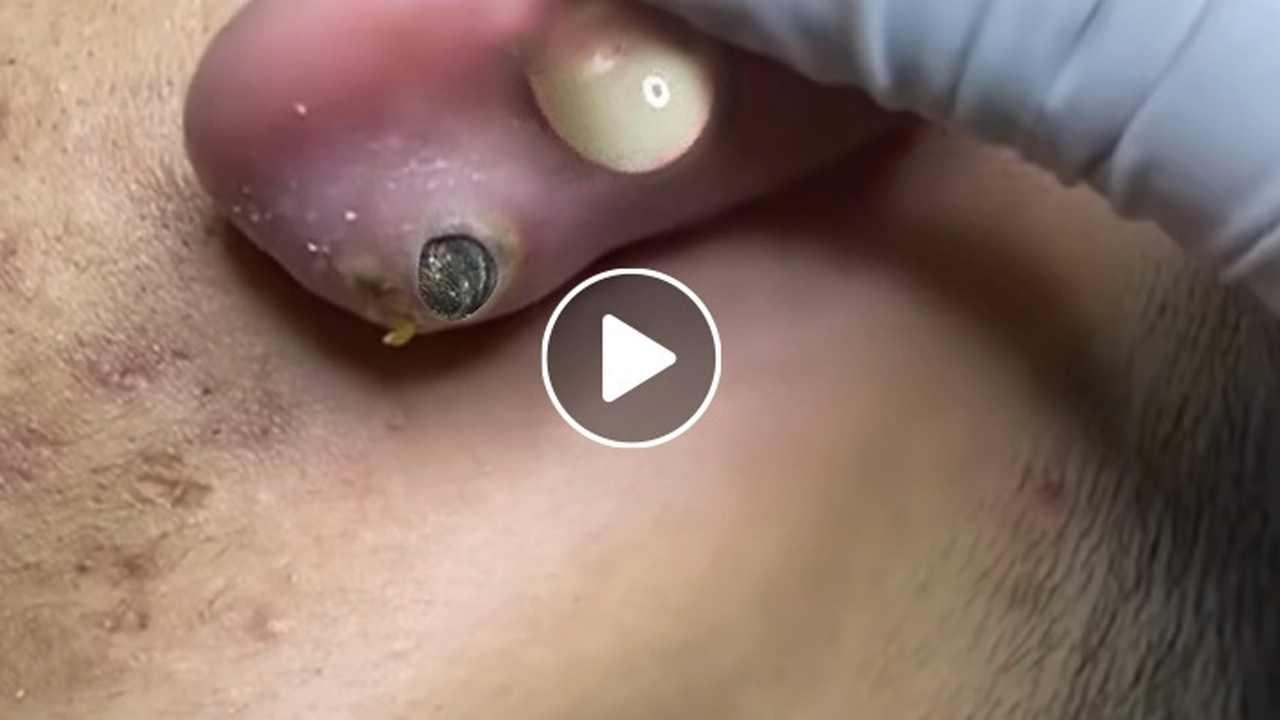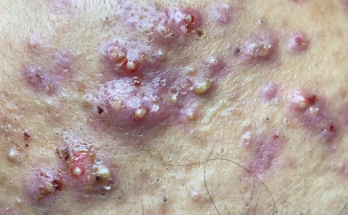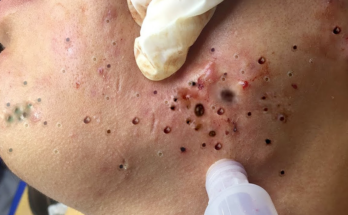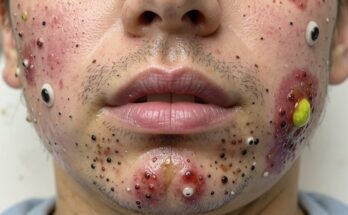Conquering Acne: A Comprehensive Guide to Treatment Options
Acne affects millions, and finding the right treatment can feel overwhelming. This guide explores various approaches, from topical treatments to more intensive medical interventions, helping you navigate your path to clearer skin.
When Topical Treatments Fall Short: Exploring Oral Medications and Beyond
Many begin their acne journey with topical creams and gels. However, if these haven’t yielded satisfactory results, or if your acne is severe and widespread, oral medications often become necessary. This typically involves a combination approach.
Oral Antibiotics and Targeted Topical Applications:
A common first step is prescribing oral antibiotics to combat the bacteria contributing to acne. This is often coupled with the continued application of a prescription topical cream or gel to target specific lesions. This dual approach provides a targeted attack from both inside and out.
Isotretinoin and Other Advanced Treatments:
For severe, persistent acne, stronger medications like isotretinoin might be considered. In some cases, minor surgical procedures may also be an option to address specific acne issues. It’s crucial to discuss these options thoroughly with your dermatologist to assess their suitability for your individual case.
Beyond Pills and Creams: Alternative Acne Therapies
While oral and topical medications are cornerstones of acne treatment, several alternative therapies can offer significant benefits, either as standalone treatments or in conjunction with other methods.
Laser Therapy: A Targeted Approach to Acne Scars and Inflammation
If topical treatments haven’t delivered lasting improvements, laser therapy can be a highly effective option. This non-invasive procedure targets acne lesions and can significantly reduce inflammation and scarring. It’s an excellent choice for those seeking targeted treatment without relying solely on medication.
Addressing Hormonal Acne: A Holistic Perspective
For individuals struggling with hormonal acne, a holistic approach that considers internal imbalances is often key. While immediate results may not be instantaneous, focusing on balancing hormones naturally can lead to long-term skin improvements. This may involve dietary changes, stress management, and other lifestyle modifications. While this may not replace all medication, it can significantly reduce reliance on strong drugs.
The Importance of Home Care and Lifestyle Factors
While professional treatments are undeniably crucial, committing to consistent home skincare is essential for optimal results.
The Potential Downside of Over-Reliance on Topical Treatments
While topical steroids or antibiotics can provide short-term relief for conditions like eczema or acne, long-term use can potentially damage the skin, leading to increased sensitivity and dependence on medication. A balanced approach is crucial.
Stress Management: A Key Component of Acne Control
Stress plays a significant role in acne development. Implementing stress-reduction techniques like meditation, yoga, or regular exercise can significantly contribute to clearer skin and overall well-being. Addressing the underlying stress is often a crucial step in effective treatment.
Other Treatment Avenues: Birth Control and Procedures
Several other approaches can effectively manage acne, particularly in specific circumstances.
Birth Control Pills for Hormonal Acne Regulation:
For women, birth control pills can be highly effective in regulating hormones and reducing acne breakouts associated with hormonal fluctuations.
Hormonal Drainage and Extraction: A Targeted Approach
Hormonal drainage and extraction are advanced procedures which target underlying hormonal imbalances and actively remove acne lesions, often used in conjunction with other treatments.
Phototherapy: Harnessing Light for Clearer Skin
Similar to laser therapy, phototherapy utilizes light to target acne-causing bacteria and reduce inflammation. It offers another non-invasive alternative to address acne effectively.
In conclusion, finding the right acne treatment requires careful consideration of your individual needs and severity of the condition. Consult a dermatologist to develop a personalized plan that addresses your specific concerns and goals, combining medical treatments with lifestyle changes for best results.



